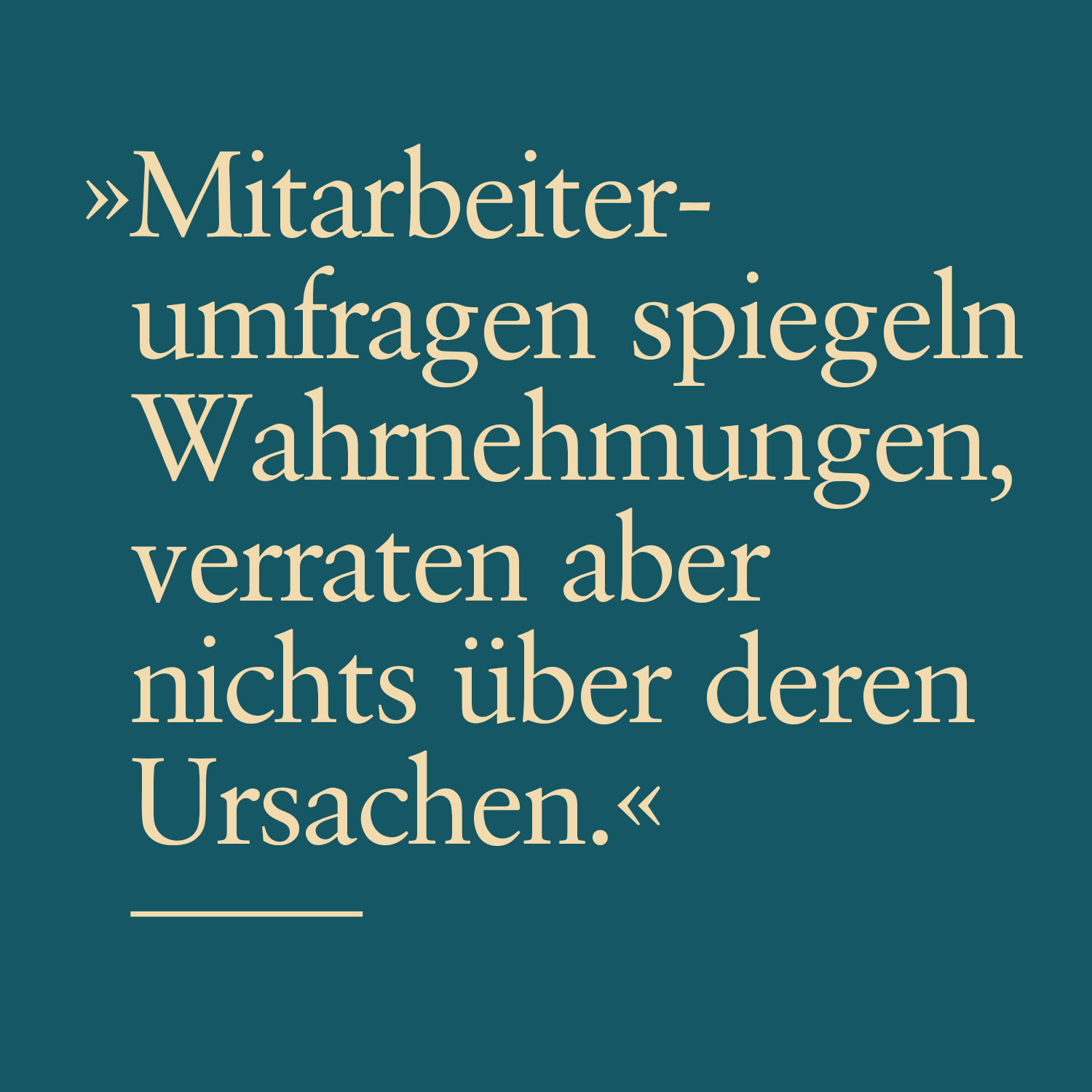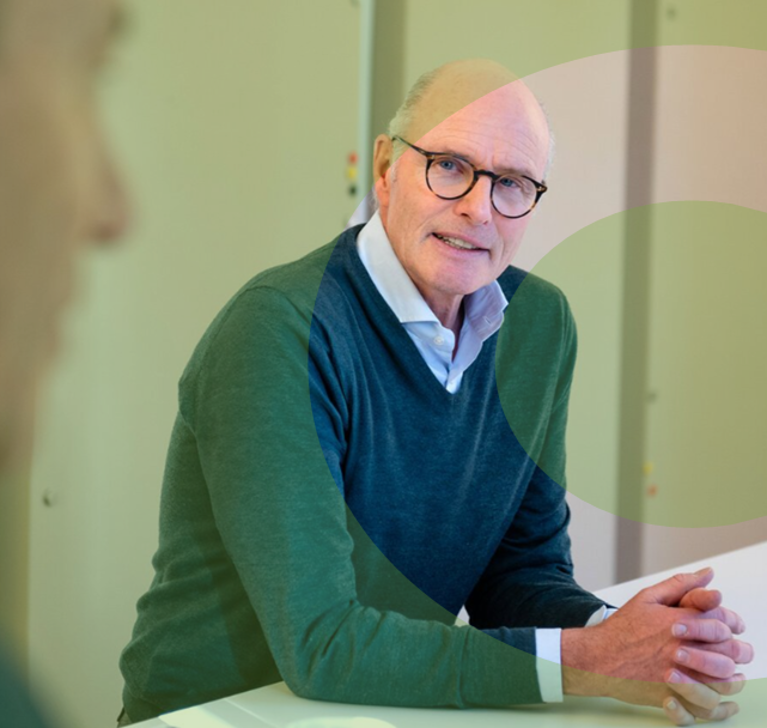
Hello from Hamburg,
was wäre, wenn mRNA als Medikament einsetzbar wäre? Was wäre, wenn Laborversuche durch intelligente Maschinen ersetzt werden könnten? Was wäre, wenn wir nicht an einer Therapie, sondern gleichzeitig an mehreren arbeiten würden, um damit die Geschwindigkeit bei der Bekämpfung schwerer Krankheiten zu erhöhen? Was wäre, wenn wir zu einer Firma werden, deren Getriebe aus künstlicher Intelligenz besteht? Das sind Fragen, die sich das amerikanische Pharmaunternehmen Moderna im Umfeld seines Gründungsjahrs 2010 gestellt hat.
Moderna entstand aus einem Wagniskapitalfonds, der sich Unternehmensideen verschreibt, die aus der Forschung kommen. Die Gründer von Moderna arbeiten an der mRNA-Methode, die dem Körper beibringt, wie er ein spezielles Protein herstellen kann, das unser Immunsystem bei Vorbeugung und Abwehr von Krankheiten unterstützt. In menschliche Zellen wird ein Bauplan eingeschleust, der sie zu Produzenten wichtiger Antikörper macht. Dahinter steht die Vision von Therapien, die zielgenau und individualisiert in der Lage sind, schwere Krankheiten zu bekämpfen.
Moderna betreibt Medikamentenentwicklung nach einem Plattformmodell, bei dem das Unternehmen an mehreren Krankheiten gleichzeitig arbeitet, die denselben Defekt zur Ursache haben. Auf diese Weise lernt die Firma aus Fehlversuchen bei dem einen direkt für andere Krankheitssymptome. Seit seiner Gründung verfolgt Moderna konsequent die Vision eines voll digitalisierten Biotech-Unternehmens. So dokumentierte das Unternehmen von Anfang an Daten aus Forschung und präklinischer Entwicklung auf eine Weise, die ihm eine gute Grundlage für den frühen Einsatz von künstlicher Intelligenz bot. Im Frühjahr 2020 waren zwanzig Algorithmen in der Produktion und zwanzig weitere bei Entwicklung und Test von Therapien im Einsatz. Als die Coronapandemie Europa und die USA erreichte, war es für Moderna ein Leichtes, mRNA voll digitalisiert auf die Bekämpfung des Coronavirus auszurichten, die Produktion von mRNA-basierten Impfstoffen hochzufahren und damit einen wichtigen Beitrag zur Bekämpfung der Pandemie zu leisten.
Am Anfang dieser vorausblickenden Entscheidungen und Möglichkeiten standen „What if“-Fragen. Das Unmögliche denken. Das als interessant ansehen, was wir nicht wissen. Aus diesen Fragen baut Moderna und der hinter ihm stehende Fonds Prototypen, die die Thesen in der Praxis ausprobieren. Im besten Fall entstehen daraus Ausgründungen, die sich am Markt behaupten müssen. So wie Moderna.
Wenn die Gegenwart besonders viele Ungewissheiten bereithält, wie das zurzeit der Fall ist, mutet Strategiearbeit besonders paradox an: Wie können wir jetzt eine belastbare Aussage darüber treffen, wohin sich unser Unternehmen in den kommenden Jahren entwickelt? Fünf Jahrespläne, ein umfassendes Zielbild des Unternehmens in x Jahren – das kommt den Beteiligten unglaubwürdig vor. Und trotzdem braucht es Orientierung für die Organisation, mehr denn je: Wo wollen wir hin? Worauf kann ich mich verlassen? Wird es meinen Arbeitsplatz noch in Zukunft geben? Das fragen sich Mitarbeitende und Führungskräfte drängender als sonst.
Es ist die Zeit für gewagte Hypothesen. Strategische Ambitionen ohne den Anspruch, dass diese genau so eintreten werden. Es ist die Zeit für „What if“-Fragen, die weit in die Zukunft zielen. Die scheinbar unrealistische und überoptimistische Thesen adressieren. Die einen konkreten Zustand in der Zukunft suggerieren und aus diesem Zustand rückwärts einen Umsetzungsplan verfolgen. Wie Moderna, das mit der zur Zeit der Gründung gewagten Vision einer „fully digitalized biotech company“ seine Geschäftsprozesse über Unternehmensfunktionen hinweg dokumentierte, sie in der Folge digitalisierte, mit Daten verknüpfte, automatisierte und über KI individualisierte. Das Gegenteil von inkrementeller Entwicklung von Innovationen oder Szenarienplanungen, die vom Status ausgehen. Denn wenn der Status fragil ist, stellt er keinen guten Ausgangspunkt für die Antwort auf die Frage dar, wie das Unternehmen in Zukunft wettbewerbsfähig sein wird. Jetzt ist die beste Zeit für die Arbeit an dem, was wir bislang als unmöglich umsetzbar angesehen haben.
Wie geht ihr in euren Unternehmen zurzeit mit der Zukunft um? Wie gestaltet ihr die Balance zwischen der Unmöglichkeit, die Zukunft planen zu können, mit dem berechtigten Bedürfnis der Organisation nach Orientierung?



